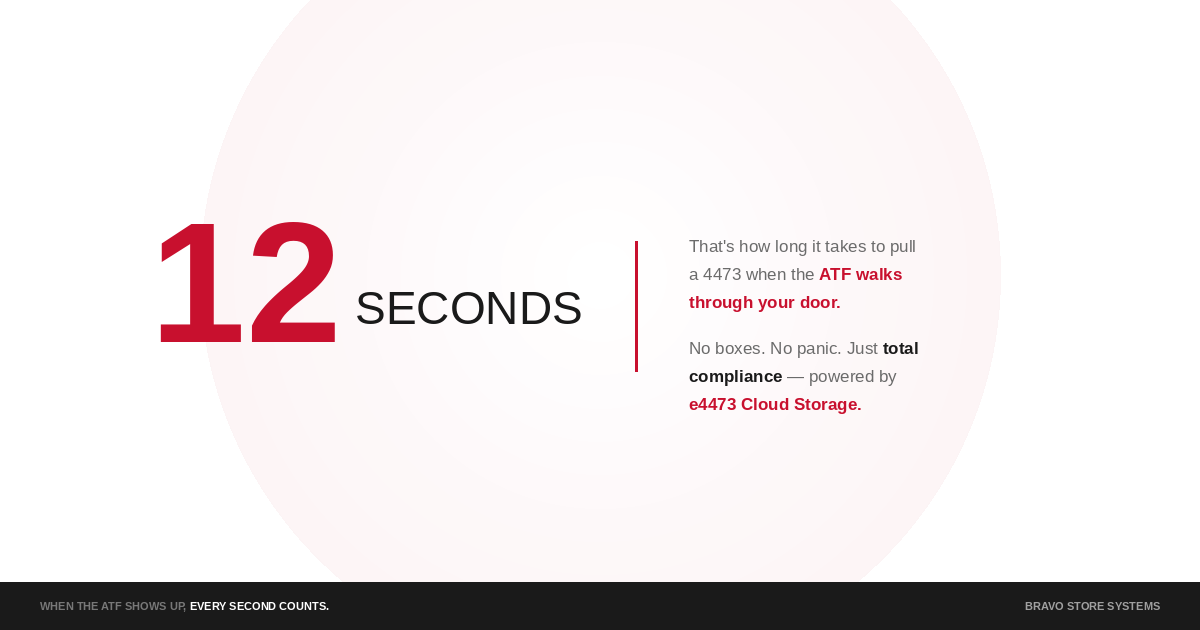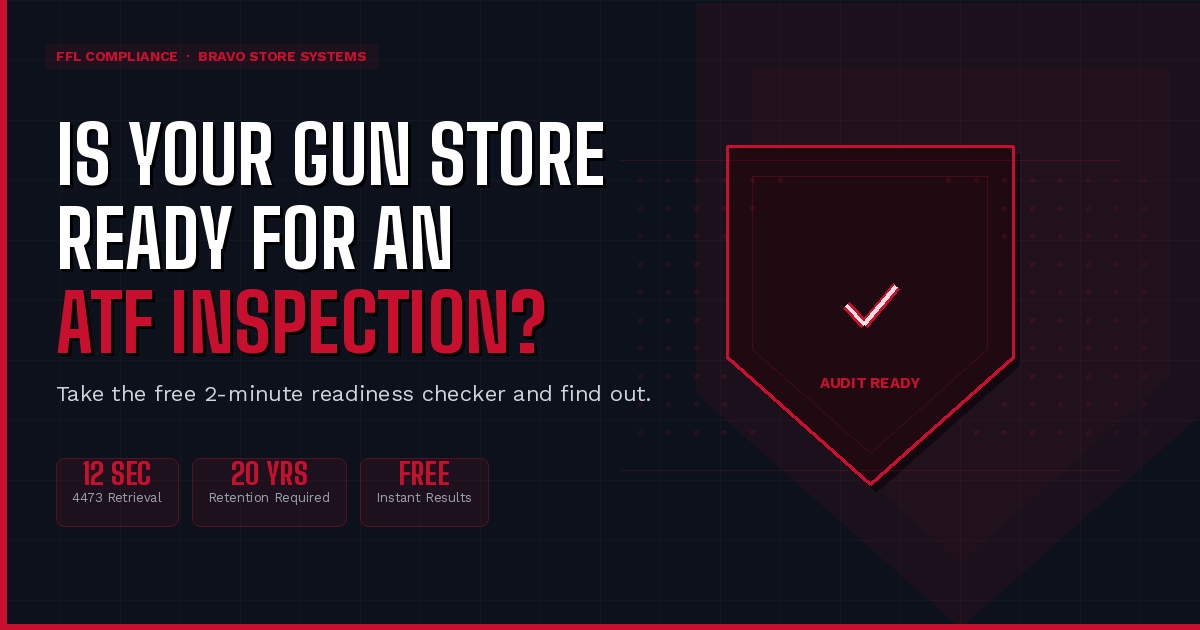How to Choose the Right POS System for Your Business
By Kristy Bauer
A point of sale (POS) system is a crucial tool for any business that sells products or services. A point of sale system allows you to process transactions, manage inventory, track sales, generate reports, and more. But not all point of sale systems are created equal. Depending on your industry, business size, and specific needs, you may need a different type of POS system.
Here are some of the most common types of point-of-sale systems and how to choose the best one for your business.
Cloud-Based Point of Sale Systems
A cloud-based point of sale system is a software-as-a-service (SaaS) solution that runs on the internet and stores your data on a remote server. You can access your point-of-sale system from any device with an internet connection, such as a tablet, smartphone, or laptop. A cloud-based point of sale system offers many benefits, such as:
- Lower upfront costs: You don’t need to buy expensive hardware or software licenses. You only pay a monthly or annual subscription fee based on your usage and features.
- Automatic updates: You don’t need to worry about installing or maintaining the software. The provider takes care of the updates, security, and backups for you.
- Scalability: You can easily add or remove users, devices, or locations as your business grows or changes. You can also integrate your POS system with other cloud-based applications, such as accounting, marketing, or inventory management.
- Mobility: You can access your POS system from anywhere, anytime. You can also use mobile devices to accept payments, check inventory, or view reports on the go.
On Premise Point of Sale Systems
An on-premise point of sale system is a software solution that runs on a local server or computer and stores your data on a hard drive or other storage device. You need to buy or lease the hardware and software components, such as a cash register, barcode scanner, receipt printer, and card reader. These older traditional POS systems have disadvantages, such as:
- Higher upfront costs: You need to pay for the hardware and software components, as well as the installation, maintenance, and upgrade costs. You may also need to hire or train staff to operate and troubleshoot the system.
- Limited updates: You need to manually update your software and hardware to keep up with the latest technology and security standards. You may also need to pay for the updates or buy new equipment.
- Security risks: It is a common thought that the on-premise POS is more secure than cloud POS because the data is stored in a separate company hard drive. However, nowadays, cloud POS systems are generally built on more sophisticated technology and have standards to increase data security through encryption. On the other hand, all data in on-premise POS is stored in one place with no automatic back up. In case of an emergency (fire, data breach, etc), nothing will be saved, and everything can be exposed.
- Reduced scalability: You need to buy or lease more hardware and software as your business expands or changes. You may also face compatibility issues or integration challenges with other systems or applications.
Industry-Specific Point of Sale Systems
An industry-specific point of sale system is a software solution that is designed for a particular industry or niche, such as retail, restaurant, salon, or pharmacy. An industry-specific point of sale system offers features and functions that are tailored to the specific needs and challenges of that industry, such as:
- Retail POS system: A retail point of sale system helps you manage your inventory, track your sales, offer discounts and loyalty programs, and generate reports and analytics. A retail point of sale system may also support multiple payment methods, such as cash, credit, debit, gift cards, or mobile wallets.
- Pawn POS system: A pawn point of sale system includes much of the functionality of a retail POS system, but it also helps manage used inventory, loan and layaway contracts, pawn regulations and compliance, as well as required police reporting. It can also include features ATF firearm compliance and for trades and consignment. If you are a pawnshop, it’s critical to use a POS system built specifically for pawn given the unique nature of buying, selling and loaning on new and used goods.
- Gun POS system: A gun POS system also includes much of the functionality of a retail POS system but helps manage the very critical component of firearm sales and ATF compliance. A gun POS system should include features like digital 4473s, A&D book, eNICs and other features that help gun store owners stay compliant with ATF regulations.
- Restaurant POS system: A restaurant POS system helps you manage your orders, menus, tables, reservations, and delivery. A restaurant POS system may also support kitchen display systems, online ordering, tipping, and split bills.
- Salon POS system: A salon POS system helps you manage your appointments, services, staff, and clients. A salon POS system may also support online booking, client profiles, loyalty programs, and inventory management.
- Pharmacy POS system: A pharmacy POS system helps you manage your prescriptions, drugs, inventory, and customers. A pharmacy POS system may also support barcode scanning, insurance verification, drug interaction alerts, and compliance reporting.
An industry-specific point of sale system is ideal for businesses that operate in a specialized or regulated industry and need a customized and compliant solution.
How to Choose the Best Point of Sale for Your Business
There is no one-size-fits-all point of sale system for every business. The best point of sale for your business depends on various factors, such as:
- Your industry: You need a POS system that meets the specific needs and challenges of your industry, such as inventory management, order management, or compliance reporting.
- Your business size: You need a POS system that matches your business size, such as the number of users, devices, or locations that you need to support.
- Your budget: You need a POS system that fits your budget, such as the upfront and ongoing costs, the subscription fees, or the maintenance and upgrade costs.
- Your preferences: You need a POS system that suits your preferences, such as the interface, features, functions, or integrations that you want or need.
To choose the best POS system for your business, you need to do some research and comparison. You can start by browsing online reviews, ratings, and testimonials from other users or experts. You can also request a free trial, demo, or consultation from the providers that interest you. You can also ask for referrals or recommendations from your peers, partners, or industry associations.
One of the point-of-sale systems that you may want to consider is Bravo Store Systems. Bravo Store Systems is a cloud-based point of sale that is designed for specialty retailers, such as pawn shops, gun stores, consignment stores, buy/sell retailers and jewelry stores. Bravo Store Systems offers many benefits, such as:
- Lower total cost of ownership: You don’t need to pay for subscriptions to multiple systems because Bravo is an all-in-one software. Automatic updates: You don’t need to worry about installing or maintaining the software. Bravo releases new features and enhanced functionality several times a year and the updates happen automatically without system disruption.
- Security: With Bravo you benefit from Microsoft's incredible security and privacy features, so you can have peace of mind that all your data is safe, backed up and accessible all the time.
- Scalability: You can easily add or remove users, devices, or locations as your business grows or changes. You can also integrate your POS system with other cloud-based applications, such as accounting software and payment processors.
- Mobility: You can access your POS system from anywhere, anytime. You can also use mobile devices to accept payments, check inventory, or view reports on the go.
- Industry-specific features: You can benefit from the features and functions that are tailored to the specific needs and challenges of specialty retailers, such as the E4473 and Cloud Storage, the Used Goods Estimator, Jewelry Estimator, loan, layaway, consignment and trade management. Bravo Store Systems is a user-friendly, reliable, and innovative point of sale system that can help you streamline your operations, increase your sales, and grow your business all in one place.
About the Author:
Kristy Bauer | Head of Product Management
As Head of Product Management at Bravo, Kristy is responsible for leading Bravo's development roadmap. Kristy has over 15 years of experience working across all levels of pawn and FFL. Having worked as a pawnbroker and in sales and product development for multiple pawn software companies, including PawnMaster, she's a pro at understanding industry trends and market outlooks, and how that can impact Bravo customers. She is a product expert who knows what matters to pawnbrokers, and is known to go above and beyond to help develop the best solutions for their needs.
Kristy holds Masters certificates in Internet Marketing from the University of San Francisco and UX Design from the UX Design Institute in NY.









.jpg)








